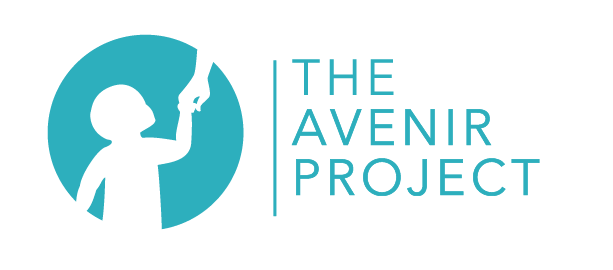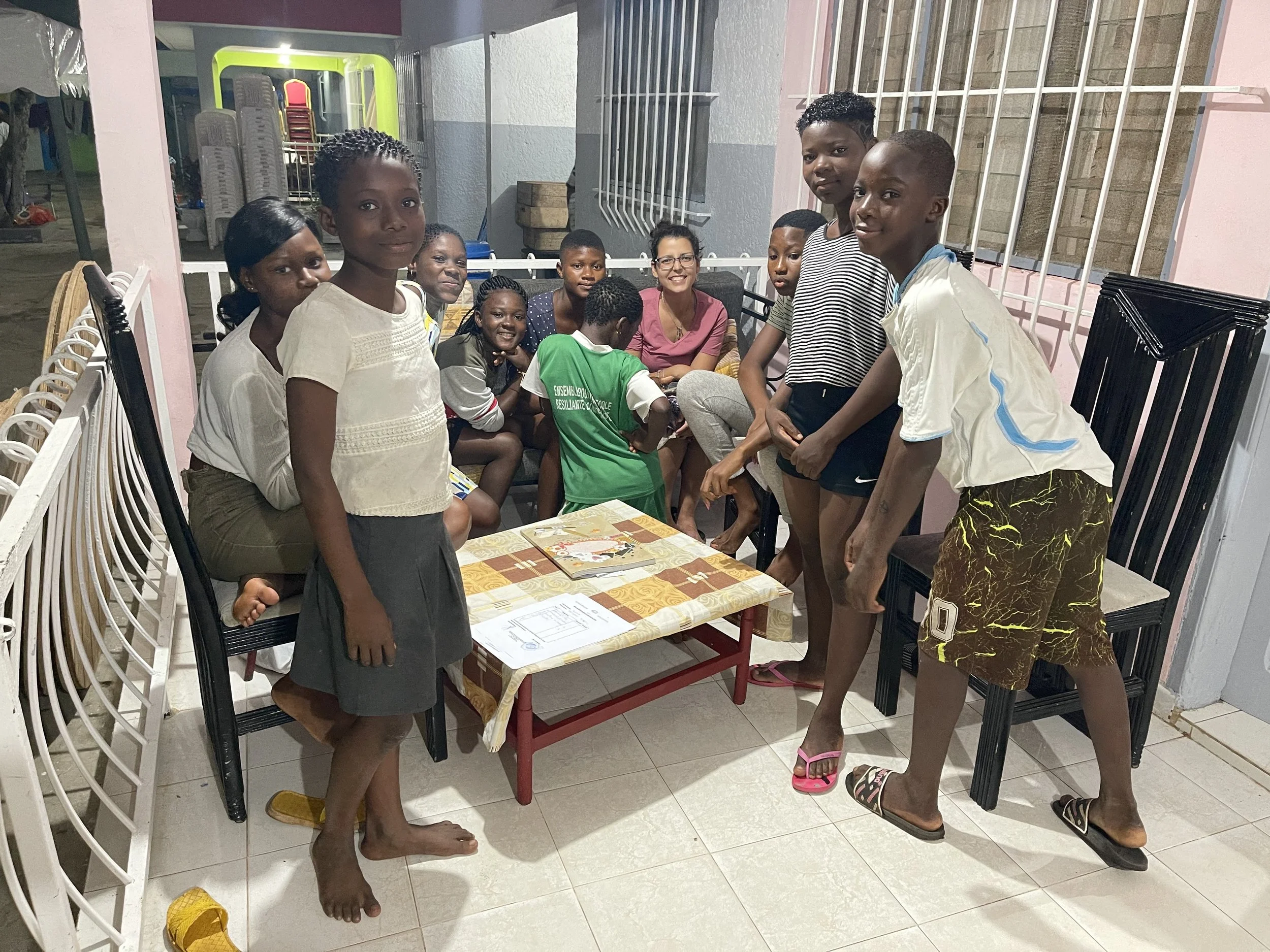Belonging & Resilience
“It is easier to build strong children than to repair broken men”
~ Frederick Douglass
Keren Gonzalez with some of the kids at our partner orphanage in the Ivory coast
We all long to belong to a place, a person, or a community. We are wired to connect. As human beings, we are born in connection and learn in relationships. In fact, in many ways we are born belonging—to a family, a community, a country. No matter what language you speak or where you are from, human needs are always the same. Children, especially, have an imperative necessity to have at least a caring adult around them to keep them safe, connect with them, and teach them about the world.
Countless research and studies, such as the still face experiment (1), depict the importance of connection, and show that without meaning and involved relationships, children’s brain development is significantly impaired (2)(3) and their futures impacted (4)(5). In fact, decades of research on the effects of Childhood Adverse Experiences link a lot of events of trauma to future illnesses and mental health concerns (6)(7). So what possible good news could all this information mean for an orphaned child, like the ones who live at our partner orphanage in Cote d’Ivoire? We can imagine that most of the children at the orphanage have experienced at least 1-4 adverse events (8) over the course of their lives and have been significantly impacted by trauma. And yet, that’s not the end of the story. Because research also shows that it only takes one caring adult to change the effects of the damaging events these children may have lived through.
So we return to the idea of belonging. “To belong,” in the English language, is a verb. That means it’s an action. When I visited the orphanage, I was surrounded by staff and children who were cared for by them. Initially, the language barrier kept me from understanding the extent of the community, connectedness, and belongingness that was thick in the air. Over the course of several days, I began to understand and feel how the staff and the children had created a space of belonging that permeated into the minds and hearts of the children. The children truly care for one another, and the staff live with them and love them as a family.
During my stay at the orphanage, I witnessed several examples of selflessness and love among the children, as older children gave up items or opportunities to younger ones. For instance, during our visit, we arranged to have a number of children go on several trips. One of the trips was scheduled to a national monument called The Basilica of Our Lady of Peace, located in the city of Yamoussoukro. Because of transportation constraints, we were not able to take all the children (although we really wanted to), so some would have to stay behind and go on the next trip. As the staff spoke with the children and tried to determine which children would go on this trip, one of the teenage girls said, “Let one of my little sisters go.” It was obvious that the staff around them had been modeling what love and selflessness look in practice, offsetting and contrasting negative examples in the children’s past. The genuineness of their love, belonging, and community could be seen and felt. It’s this belonging, being with, and being loved that becomes the antidote for the effects of trauma.
In the work that I do at The Center for Child Counseling, we have a motto: “The relationship is the vehicle for change.” Thousands of miles across the world, in another culture, speaking another language, with children who many have never even been inside an elevator, this is still true—the adults around them are the vehicle for change and healing from painful pasts. It is in these relationships, with caring adults, that they can learn what trust means, what it looks like and feels like, both emotionally, and in their bodies. This is all possible because, now that they are in a safe place and with reliable adults, their little bodies and amygdala do not have to be on constant alert for survival, identifying where their next threat might come from.
In these powerful relationships with kind caregivers, children experience buffering from the effects of adverse experiences and ultimately—grow resilience. With the help, support, and love of a competent adult, children who have had difficult pasts can grow into strong, kind, and loving adults themselves. We all, as adults, play a vital part in the lives of children.
NOTES
https://www.ncbi.nlm.nih.gov/pmc/articles/PMC3289403/
https://www.gottman.com/blog/research-still-face-experiment/
https://developingchild.harvard.edu/science/key-concepts/brain-architecture/
https://www.firstthingsfirst.org/early-childhood-matters/brain-development/
https://developingchild.harvard.edu/resources/aces-and-toxic-stress-frequently-asked-questions/

